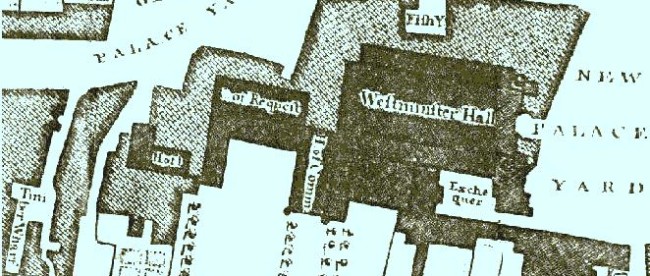Technology

Before note-taking was allowed in the Chamber, editors relied on “memory men” to sit in the public gallery and remember as much as possible of what they managed to hear. The greatest was William “Memory” Woodfall.
It later emerged that Memory’s trick was to wait for rival papers to appear so he could copy them.
The decision in the 1780s to allow notetaking spelled the end.
The adoption of shorthand opened the Press Gallery to young men without a university degree, but with a fast pencil.
Tape recorders were banned in the Chamber until 1990, even though reporters could tape proceedings broadcast on the radio.
The right to use them in Committees was recently quietly extended, and Downing Street has begun sending text messages to the mobiles of Press Gallery members to notify them of briefings.
